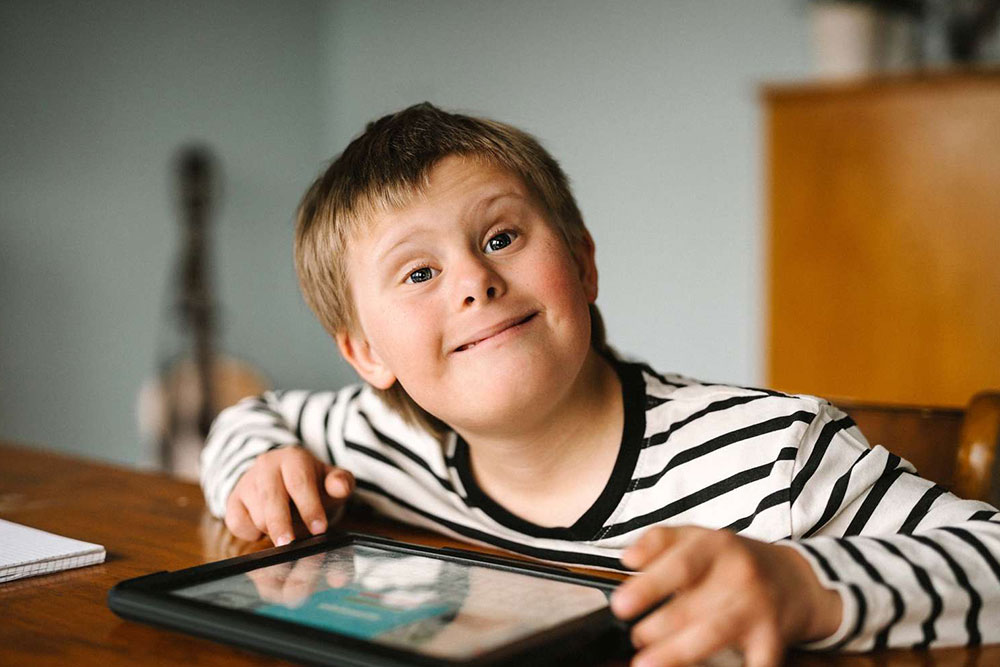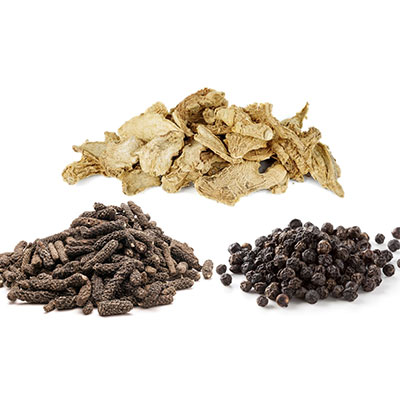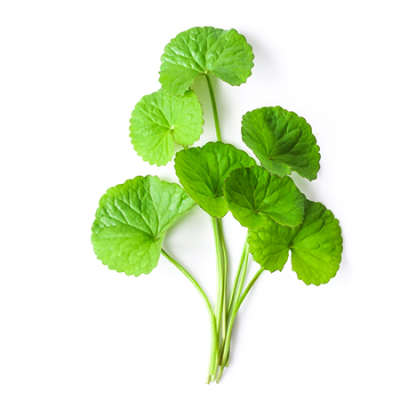Down syndrome, also known as trisomy 21, is a genetic disorder caused by an extra copy of chromosome 21. This additional genetic material alters development, causing characteristic physical features, developmental delays, and varying levels of intellectual disability.
Causative Factors
1. Genetic Abnormality
The primary cause is the presence of an extra chromosome 21. This can occur due to:
- Nondisjunction: Failure of chromosome 21 to separate during sperm or egg formation.
- Translocation: Part of chromosome 21 attaches to another chromosome.
- Mosaicism: Some cells have an extra chromosome 21, while others do not.
2. Maternal Age
The risk increases significantly in pregnancies involving mothers over 35 years old.
3. Family History
While most cases are random, some translocation cases may have a hereditary component.
Types of Down Syndrome
1. Trisomy 21 (Nondisjunction):
- Accounts for 95% of cases.
- Every cell in the body has three copies of chromosome 21.
2. Translocation Down Syndrome:
- Accounts for 3-4% of cases.
- An extra part or whole chromosome 21 is attached to another chromosome.
3. Mosaic Down Syndrome:
- Rare (1-2% of cases).
- Some cells have three copies of chromosome 21, while others are normal.
Physical Features
Babies born with Down syndrome have characteristics physical features (Mongolism)
- Flattened facial profile.
- Almond-shaped eyes with upward slant.
- Small head and ears.
- Short neck.
- Protruding tongue.
- Single crease across the palm (simian crease).
- Short stature.
- Hypotonia (reduced muscle tone) and joint laxity.
Developmental Features
Development:
- Intellectual disability ranging from mild to moderate.
- Delays in speech, language, and learning.
Motor Skills:
- Delayed milestones like sitting, crawling, and walking.
- Fine motor skills may develop slower.
Social and Emotional:
- Generally sociable and affectionate.
- May have challenges in understanding complex social cues.
Risks and Health Issues
Individuals born with Down syndrome are potentially at high risk of some diseases or defects
1. Congenital Heart Defects (50% of cases):
Atrial or ventricular septal defects.
2. Gastrointestinal Issues:
Blockages or abnormalities (e.g., Hirschsprung disease).
3. Immune System:
Increased susceptibility to infections.
4. Endocrine Disorders:
Hypothyroidism is common.
5. Hearing and Vision Problems:
Increased risk of hearing loss and cataracts.
6. Neurological Issues:
Higher risk of Alzheimer’s disease in later life.
7. Leukemia:
Increased risk of certain blood cancers.
In Ayurveda, Down Syndrome can be viewed under Genetic or Congenital Disorders (Beeja Dosha). The condition may be linked to an imbalance in the doshas affecting genetic material (Shukra and Artava). The focus is on enhancing physical, mental, and spiritual well-being.
Ayurvedic Herbal Remedies and Approaches
1. Nervous System Support:
Brahmi (Bacopa monnieri):
Improves cognitive function and memory.
Shankhpushpi (Convolvulus pluricaulis):
Enhances intelligence and brain function.
Ashwagandha (Withania somnifera):
Supports muscle tone and reduces fatigue.
2. Immune Boosting:
Guduchi (Tinospora cordifolia):
Strengthens immunity.
Amalaki (Phyllanthus emblica):
Provides antioxidants and supports overall health.
3. Digestive and Nutritional Support:
Trikatu (Piper longum, Piper nigrum, Zingiber officinale):
Improves digestion and nutrient absorption.
4. Heart Health:
Arjuna (Terminalia arjuna):
Strengthens the heart and circulatory system
5. Rejuvenation (Rasayana):
Chyawanprash:
A tonic for enhancing vitality and boosting immunity.
Mandukaparni (Centella asiatica):
Improves cognitive development and longevity.
6. Abhyanga (Oil Massage):
- Using medicated oils like Ashwagandha Bala Tailam for muscle tone improvement and calming the nervous system.
Lifestyle and Supportive Practices
- Diet: A balanced diet rich in essential nutrients.
- Yoga and Pranayama: Gentle exercises to improve muscle tone and promote mental clarity.
- Therapeutic Activities: Occupational therapy, speech therapy, and special education.
- Parental Guidance: Emotional and mental support for caregivers.












